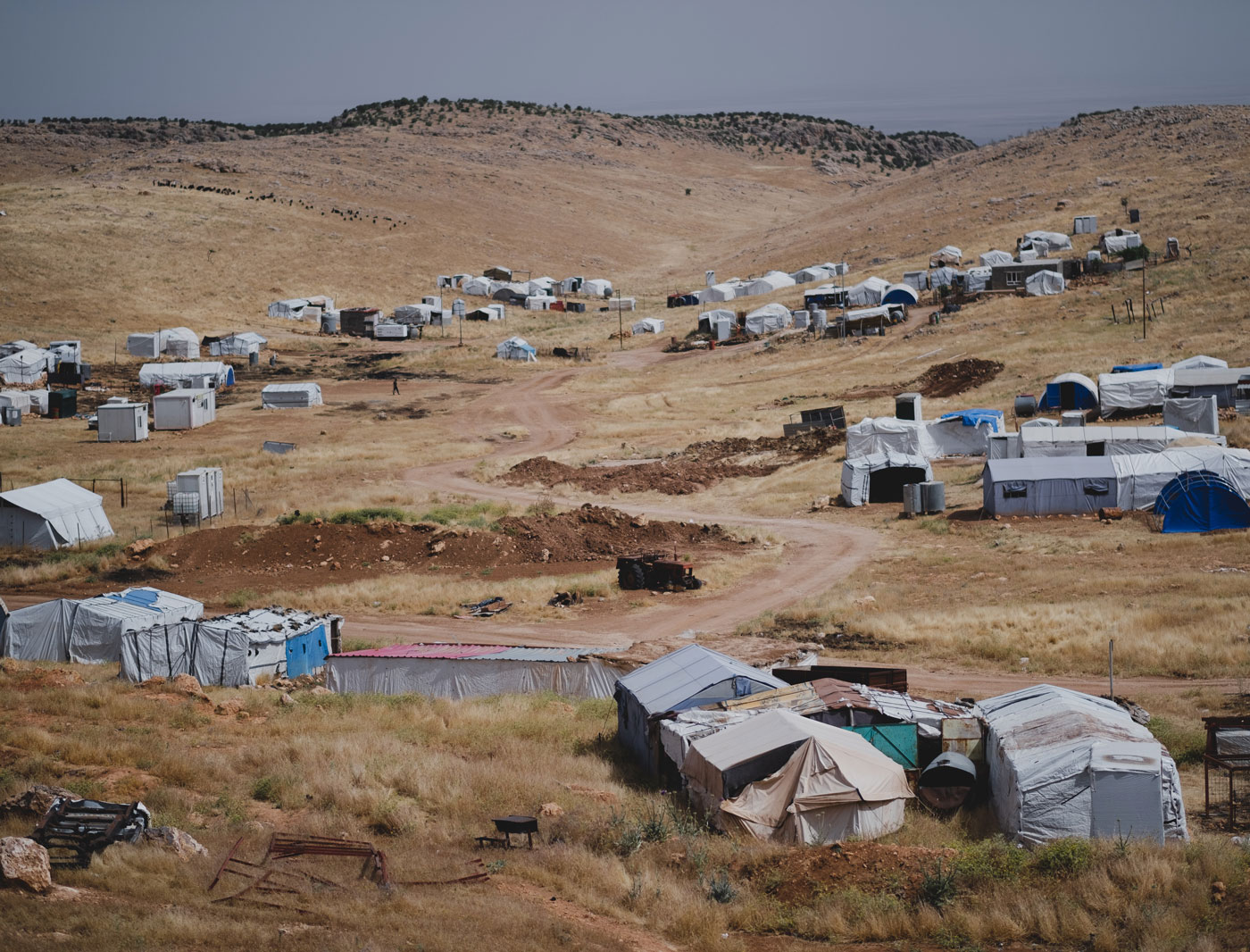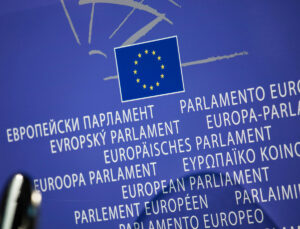
Proposals for moving forward
Against this rather grim picture, there is some better news and ways forward. Continued commitment by the international community to provide support to international (IOs) and NGOs remains present. Besides contributions to the United Nations, three of the world’s largest international NGOs, the International Rescue Committee, Norwegian Refugee Council, and Danish Refugee Council, between them have an annual budget of US $2 billion. While there are perennial shortfalls and panic over non-payment by big donor countries (often related to domestic political leadership), funding and support to both IOs and NGOs, and by extension thousands of implementing partners, many locally based, undoubtedly makes a positive difference to the lives of many.
The Importance of UN leadership
Another positive element is the UN under its current leadership, Antonio Guterres, a 72-year-old former Portuguese prime minister and former head of UNHCR, now in his second and last term as Secretary General (SG), is naturally supportive of the refugee cause. As a veteran statesman, the SG is experienced, but also extremely cautious as a senescent politician in challenging powerful states who through their actions or inactions, especially permanent members of the Security Council, can aggravate or block finding solutions through inter alia the exercise of their veto power. We need to move on reform of the UN Security Council, the principal organ of the UN system where real power is exercised, and such calls should be led by a courageous SG. To date the SG’s efforts on this issue have been lackluster.

We further need capable female leadership in the UN. It is embarrassing that after 75 years, despite several women heads of agencies and women in other senior positions, there has never been a female SG. While Guterres chose not to step aside after already completing one full term as SG and ten years as head of UNHCR, which could have permitted a capable woman to step up, ensuring a woman takes her rightful place five years from now can make a positive difference.
Speaking truth to power and arms control
While the realpolitik of global refugee affairs is something we tend to live with, it undermines the credibility of the UN as an institution, as well as states supporting the view, that as long as the ‘problem’ of refugees remains far away no radical change is required. However, as soon as there are significant movements of forcibly displaced persons towards their territory, a common reaction is to characterize these ‘migrants’ as a threat to national security with extraordinary measures to follow. The UN cannot shy away from speaking truth to power, including at agency level, despite the challenges of its political economy and limited funding base. The SG sets the tone and should step up in an appropriately forceful and diplomatic way.
UNHCR’s reliance on a handful of principal donors should similarly not detract or dissuade from its status as a stand-alone rights-based agency with a clear bias, and as need be raise its voice. Calling for a more equitable system of global burden sharing for the forcibly displaced, which relates to promoting global economic justice, is urgently required and the UN should lead the way on that call.
A more challenging and important issue in tackling the global refugee problem concerns arms control. Easy access to and the proliferation of arms and weapons is the cause of conflict which results in the majority of the world’s refugees and IDPs. Selling arms directly, or by proxy to countries at war or with dubious records of controlling onward transfer, needs to be controlled. A critical example is raised by Professor Gil Loescher concerning Yemen:
“… despite the deaths of over 100,000 Yemeni citizens caused by intensive bombardment of civilians by Saudi Arabia and its allies during the past several years, the US, UK, Australia, and other governments and arms manufacturers continue to sell and provide jets, bombs, and munitions to Saudi Arabia and other Gulf States … If the international community is serious about resolving refugee crises such as in Yemen, states need to take international action to reduce the availability of arms and make future aid and investment in countries under siege contingent on the reduction of arms and defense expenditures.”
Rebuilding societies post-conflict is another area where coordination of efforts and pooling of resources can have a multiplier effect. Initiatives between UN and other humanitarian and development actors in joint reconstruction and development efforts is encouraging, but this requires that institutional resistance to change and consolidation of efforts be set aside. Moreover, the false distinction between emergency and long-term development response should not be viewed as an obstacle for inter-agency cooperation.
Promoting lawful behaviour
At another level, the UN and humanitarian entities should resist engaging in and supporting operations that legitimize grossly unlawful behaviour as we currently see with the Libyan government involved in aggressive pushback tactics while running inhumane migrant detention centres. For its part, the European Union (EU) as de facto major donor should simply end its involvement in such operations. It should not be the case that only when such atrocious state-funded and managed activity is brought to light by the media that action is taken to address it.
The recent decision by a full bench of the European Court of Justice which dismissed actions brought by Hungary and Poland against the conditionality mechanism which makes the receipt of EU financing subject to respect for the rule of law by member states highlights the need to extend similar accountability measures and legal principles to avoid initiatives geared towards other rights violations such as preventing asylum seekers and refugees from reaching safety. The practice of the EU, Australia, the US, and several other western states funding, either directly or in kind, extraterritorial measures and providing material support and training to help detect, prevent movement, detain, or turn back legitimate asylum seekers and refugees, is shameful and should end.
Promoting solutions and enlightened policy and practice
The international community needs to “get real” concerning prospects for repatriation. The Rohingya situation is a prime example. After almost five years of exile in massive, closed increasingly fetid camps in Bangladesh, the continuing focus on repatriation by the UN and many governments is at odds with the Rohingyas status as refugees, especially given the current frightful situation in Myanmar after the February 2021 military coup. The thousands of women and girls and other Rohingya who experienced sexual violence or other forms of harm prior to flight may understandably never wish to repatriate. Meanwhile donors and host governments continue to push for return. UN institutions starting with UNHCR should advocate for and promote a broader range of solutions including local integration and robust resettlement options.
In this connection we should step up opportunities for resettlement, both near and far, and acknowledge the value of the immigrant experience in supporting the development of human capital. Increasing options and pathways for education, family reunification, and accessing legal work would permit refugees to better their lives and enhance their own protection. Lower- and middle-income countries hosting the largest numbers of refugees require sustained economic and development support to make these options a reality. They also need to be held to account to ensure that refugees have full access to human rights protection. Rather than speaking of aspirational goals, respect for and enforcing basic human rights is the challenge. The right to work, access to education especially for children, and access to healthcare, are of particular importance. The life-saving and direct development impact labour earnings and remittances can play are key factors to survival. The cost of not providing access to these rights far outweighs short-term expenditure. To this end, continuing to prioritize refugees who most require assistance: women, the disabled, older refugees, in addition to children, sexual minorities, and abuse survivors is the right approach.
We should further embrace and support the role and protection function of local communities and NGOs including refugees themselves. Refugees and local communities often take care of their own problems and needs, but they require support and protection. People who risk their lives to save others should be celebrated, not criminalized. The recent case of Indonesian fishermen who saved refugee boat people only later to be criminally convicted is a recent example of a government getting it wrong.
Focus on promoting and learning from good examples of state practice such as we find today in Uganda, Columbia, Canada, Germany, and Sweden, amongst others, requires more attention. Enlightened and generous policies and practices in permitting access to territory and implementing generous assistance and support programmes and other concrete initiatives can bear an economic and at times political cost, but it is consistently the right thing to do.
At the international level, changing approaches to refugees in the Global South by permitting movement from camps to urban areas, shifting from provision of relief items to cash assistance, and long-term assistance measures to promoting sustainable livelihoods, from humanitarian to developmental approaches, and to ensuring intersectional and age, gender, and diversity mainstreaming in policies and practices, is the way of the future.
The UN and other humanitarian and human rights actors can lead by example and continue to promote diversity in their ranks and engage beneficiaries in decision-making through genuine consultations and providing refugees a seat at the table. If we fail to do so, refugees will naturally not have confidence in decisions taken on their behalf. Ensuring buy-in and support and promoting dialogue and understanding benefits from an inclusive approach.
Challenging objectionable views
Finally, but not exhaustively, we need to challenge intolerant governments, anti-immigrant and refugee rhetoric, and chauvinistic attitudes related to first world and class privilege. Several global conflicts, past and present, are driven by aggressive leaders supported by local elites wanting to gain or maintain power. For generations, the US, and the UK and some other European colonial states, played the role of leaders of the so-called free (capitalist liberal democratic) world, but the legacy of colonialism and exploitive endeavours including by transnational companies continues to plague much of Central and Latin America, and poses continuing challenges for several states in Africa and Asia, and elsewhere globally. Failure to deliver economic opportunity, political stability, and justice, is the ammunition which causes continued conflict and flight. The imperialist ambitions of the Russian Federation and People’s Republic of China can have the same deleterious effect.
Staying the course
Global oneness promoted by the core values of the UN Charter and what it stands for, including “the principle of sovereign equality” of all UN member states, is the only way forward. Countries that choose their path through self-determination and independence should be applauded, respected, and treated as equals. At another level, accountability for past mistakes and instituting measures including proposals for an international anti-corruption court are sensible ideas for today’s interconnected world and would be a helpful addition to our existing body of international law and global governance institutions such as the International Criminal Court.
RELATED
Does the World Need an International Anti-Corruption Court?
In this episode of the Global Governance Podcast, Augusto Lopez-Claros and guest, Senior U.S. District Judge Mark Wolf discuss kleptocracies and the need for an international anti-corruption court.
Detractors and doubters may challenge these proposals and efforts. But they too should be brought to the table to discuss how to achieve lasting peace and prosperity, economic equity, and justice. Problem solving and promoting understanding and cooperation through diplomacy and dialogue should never be underestimated.
Major changes in how we interact with one another as humankind, as well as with the environment and the planet we live on, are pressingly required. In doing so, a rights-based approach is not a western construct as some would suggest, but a reasonable universal paradigm for addressing inequalities and related problems which give rise to global poverty and human rights violations that can result in refugee flows and forced displacement in all their dimensions, whether through man-made harm or natural disasters.
Our only hope of survival and getting it right, or at least mitigating disasters and avoiding worst case scenarios, is to reach across the aisle and join hands to support one another to make peace. While that may seem difficult at times given our strong differences, we cannot give up on our efforts to try and succeed.


